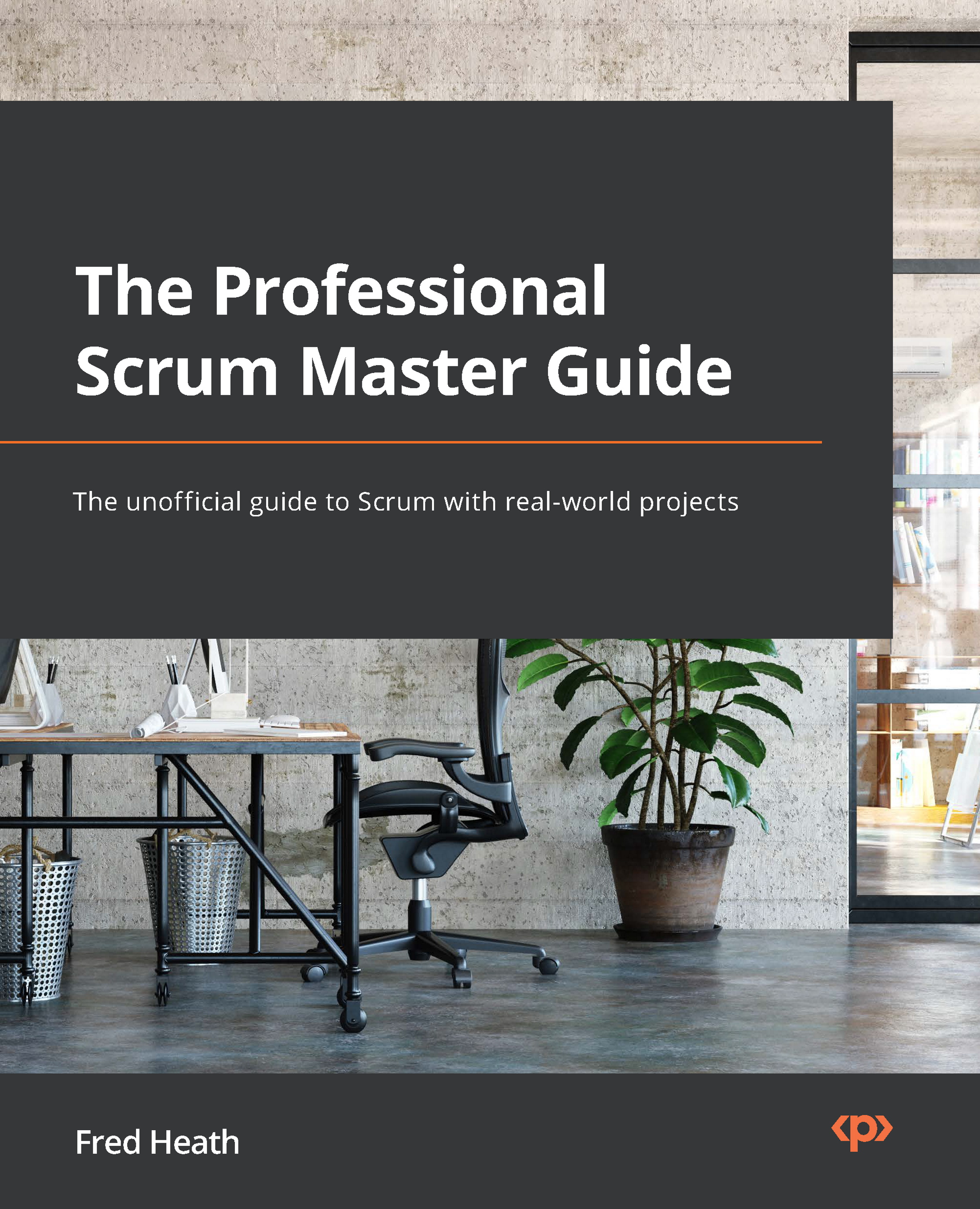Why should you choose Scrum?
Although Scrum is by far the most popular Agile development framework, it is by no means the only one. Kanban, Lean, Extreme Programming (XP), Dynamic System Development Method (DSDM), and Crystal are all examples of Agile processes, frameworks, or methodologies. I am not going to patronize you by telling you that Scrum is the best approach and you should follow it unquestionably at all times. As with every other tools, you need to decide if its use fits your needs. I advocate Scrum and I use it most of the time, but I once worked on a project where Kanban provided the most fitting approach, due to that project's special circumstances. Some of my fellow Scrum Masters and PSM members have occasionally found that using Lean tool-sets, such as 5S, or applying XP techniques, may suit a specific project's needs better. In fact, many organizations use elements from other Agile approaches in addition to Scrum. However, Scrum is the most popular for good reasons:
- Short, focused iterations allow for quick software delivery to customers
- Constant opportunities for introspection and adaptation allow better product quality and team efficiency
- Scrum's transparency allows external stakeholders to follow progress even without knowing or understanding Scrum
If this is not enough, consider the fact that the overwhelming majority of Scrum users emphatically state that they will continue to use it, that it offers value to their organization, and that it improves work quality (https://www.scrumalliance.org/learn-about-scrum/state-of-scrum).













































































